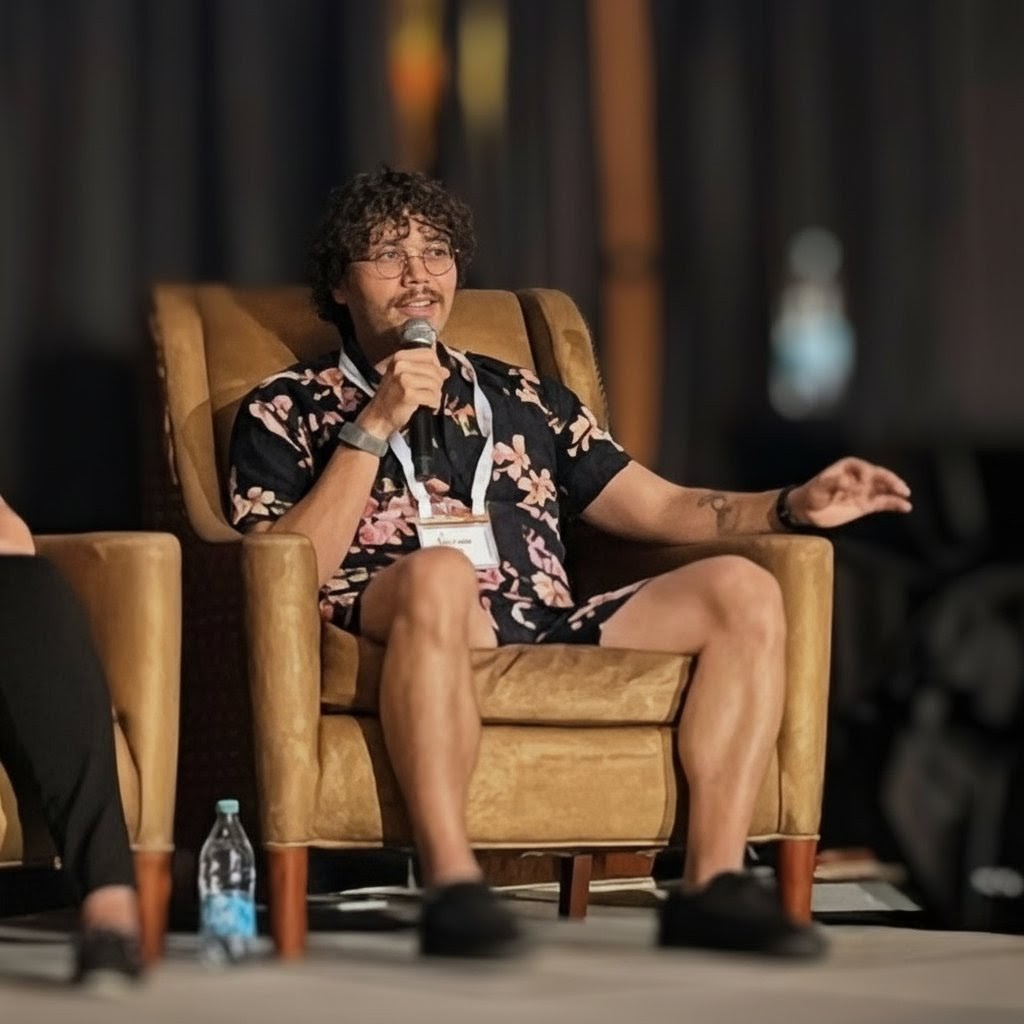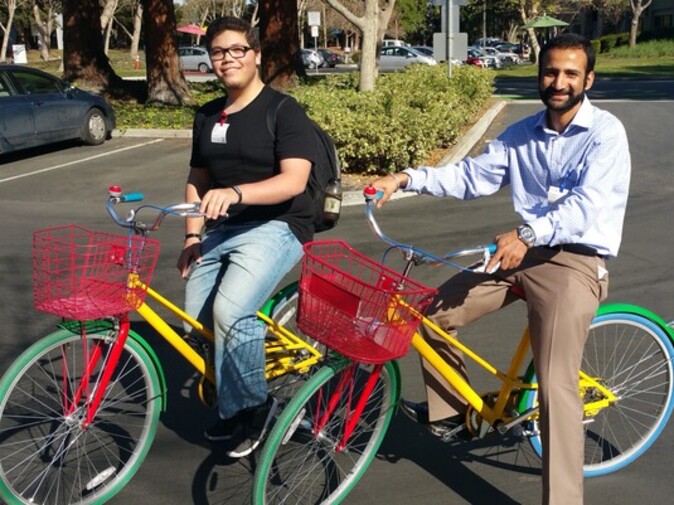






College to Career: My Unfiltered Advice for Aspiring Software Engineers
Disclaimer
The opinions expressed here are my own and not those of Google or Colorado College.
A Fresh Perspective on the Job Hunt
Just a year out of Colorado College (CC), where I graduated with a degree in Computer Science and Theatre, I can tell you that transitioning from academia to the “real world” of software engineering felt like a whirlwind. It was fun, stressful, and unpredictable.
I remember growing up in the ghettos of Pueblo, CO, and never imagining I’d land my dream job at Google as a Software Engineer. But I did, and it took over a year of intense preparation and rejections. It also wouldn’t have been possible without support from people more knowledgeable than me. When I asked my engineer friend/mentor what I could do to repay him for helping me apply to internships and ultimately land a job at Google, he told me to just pay it forward.
Now, having been through it, I want to pass along the unfiltered career advice I got as a college student. This isn’t just for those aiming for big tech; these strategies are broadly applicable, especially if you have some Computer Science experience already. The earlier you start, the better!
My Four Pillars for Landing a Software Engineering Job or Internship
Here are my top four recommendations, in the order I believe you should approach them:
1. Polish Your Digital Persona: LinkedIn is Your New Best Friend
Think of LinkedIn as your professional storefront; advertising your skill-set and expanding your network is a great way to make the job search come to you. During my senior year at CC, recruiters were reaching out to me at least once a week through LinkedIn, which shows just how powerful a tool it is.
- Keep your profile updated with all your noteworthy projects, achievements, and skills. Don’t be shy about showcasing what you’ve done!
Project Ideas
I’ve always said, you don’t need to invent a new algorithm or launch a business to make a compelling project. Don’t be afraid to recreate something that’s been done a million times, while adding your own unique twist. Tic-tac-toe with taco cats? Sure, add features with test coverage in small incremental commits on Github, and any prospective employer will know you mean business.
- Connect like crazy! Add alumni, current students, friends, and anyone in your field. When connecting with someone you haven’t met, send a short, polite introduction. Don’t beg for a job; instead, ask for advice. CC alumni, in my experience, are eager to help in any way they can.
2. Cast a Wide Net, and Cast it Early: The Numbers Game of Applications
This is perhaps the most crucial piece of advice: apply everywhere, and apply NOW. Seriously, do not wait until you feel “ready” – by then, it might be too late. Most summer internships, for instance, begin accepting applications as early as August of the year prior, with cutoffs typically in October or November.
- Apply broadly: Target big companies, small startups, local opportunities, international roles, and even companies you’ve never heard of.
- Don’t be selective initially: It’s a numbers game. In my senior year, I applied to over 40 companies, got responses from about 10, interviewed with 5, and received 3 job offers. If I had only applied to my top 3 “dream companies,” I likely wouldn’t have gotten any offers at all.
- Prioritize applying: Submitting applications is time-consuming, so dedicate a few hours each week to it. Once you have multiple offers in hand, then you can afford to be picky.
3. Master the Art of the Interview: Practice Makes (Almost) Perfect
Knowing how to code is simply not enough; coding interviews are an entirely different skillset. They require specific preparation.
- Your Bible: Cracking the Coding Interview (CTCI): Get this book as soon as you can and read the introduction. It covers everything from interview etiquette to essential technical topics like data structures, algorithms, and Big O notation.
- Practice, Practice, Practice: Join platforms like CodeFights, HackerRank, or LeetCode. These are invaluable for solving interview-style problems under pressure with a time limit. Aim for at least one small (15-minute) problem daily and one large (45-minute) problem weekly until you’re comfortable.
- Mock Interviews are Essential: Once you’ve read CTCI and done some practice, ask an experienced student or alumni (perhaps an officer from the CC Coding Club, which I co-founded) to give you 2-3 mock interviews. You need to be able to talk through your thought process out loud while simultaneously writing code. It’s difficult at first, but with a few mocks, it becomes much easier.
4. Leverage Your Network: The Power of Referrals
This brings us back to why building connections (Pillar 1) is so important.
- Referrals make a difference: Big companies receive millions of applications annually, so a referral can significantly help your application stand out.
- Convince, don’t just ask: When seeking a referral, demonstrate why you deserve it. Show the person your leadership qualities, teamwork skills, creativity in technical projects, or coding prowess. People are far more willing to refer someone they genuinely believe will be a good candidate.
- Always ask for help: If an alum can’t refer you (and there can be many reasons for this), don’t hesitate to ask for other assistance like mock interviews, job searching guidance, or general career advice.
Final Thoughts
This path demands hard work, but these steps significantly increase your chances of securing at least one decent offer. I’m grateful for the opportunities I’ve had, including studying Computer Science abroad in Budapest (funded by a Boettcher International Education Grant), which introduced me to computer vision and declarative programming. These experiences, coupled with my efforts, helped me land my role at Google.

Visiting Google HQ in 2015 with my buddy Anubrat after interviewing for an internship (I was rejected) before I was accepted into the Engineering Residency the following year
I’m less than a year into my journey at Google as a Software Engineer, but already I’ve been challenged in new ways and have learned so much. Don’t be afraid to reach out to me or other CC students and alumni about their experiences; there are many valid approaches to this, but this is what worked for me.
Best of luck out there! You’ve got this.
And remember, rejections are normal! It’s just a part of the process.



